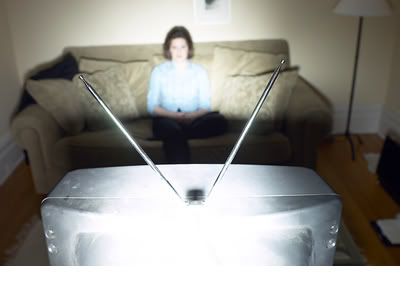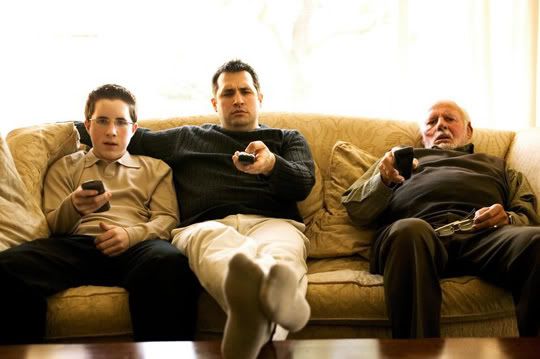Prayer in America: A Rhode Island Perspective
Rhode Island is unique in its richly diverse religious community. Perhaps it's not so surprising, considering religious freedom was the basis on which Roger Williams founded the new colony.
On January 24, Rhode Island PBS sponsored an interfaith conference at the Center for Nonviolence and Peace Studies at the University of Rhode Island Multicultural Center in Kingston. The conversation continues.
Later this week and next, Rhode Island PBS presents a thought-provoking two-part documentary entitled PRAYER IN AMERICA. The documentary project enlisted academic advisors with expertise in a variety of faith traditions and historical perspectives to examine this important issue in-depth for the first time. In the short span of two hours (part 1 at 8 PM on Thursday, February 21; part 2 at 8 PM on Thursday, February 28), the documentary covers the history how prayer has shaped the American experience, and how America as a nation has impacted prayer and prayer practices, from crisis to forgiveness, from social justice to civil religion.
Rhode Island leaders representing the Roman Catholic, Protestant, Jewish, Muslim, Buddhist, Native American – and even atheist – perspectives gathered at Rhode Island PBS studios recently for a very special interfaith discussion of issues raised in the documentary, PRAYER IN AMERICA.
Hour one of PRAYER IN AMERICA will air on Thursday, February 21 at 8 PM, followed by the local discussion at 9 PM. The host of both local discussions is Marc Joel Levitt, and his guests for part 1 will be The Reverend Doctor Donald Anderson, Imam Farid Ansari, Rabbi Marc Jagolinzer, former Buddhist monk and community activist Pich Choen, and Narragansett tribal elder Paula Dove Jennings.
The second hour of PRAYER IN AMERICA will air one week later, on Thursday, February 28 at 8 PM. The local discussion at 9 PM includes The Reverend Doctor Liliana DaValle, The Reverend Timothy Burger, The Reverend Father John Codega, The Reverend Doctor Janice Thompson, and Brown University Assistant Professor of Religious Studies Matthew Bagger, PhD.
Seated (left to right): Rev. Dr. Janice Thompson, Rev. Dr. Liliana DaValle, Paula Dove Jennings. Standing (left to right): Fr. John Codega, Marc Levitt, Rabbi Marc Jagolinzer, Rev. Timothy Burger, Rev. Dr. Don Anderson, Dr. Matthew Bagger, Imam Farid Ansari, and Pich Choen.
Production of the local programs is part of an extensive national outreach effort funded by the John Templeton Foundation, and administered through Los Angeles-based Outreach Extensions. Like the film, the outreach campaign is multi-faith in its perspectives and designed to engage and involve the public in a greater discussion of the issues raised in the film. Visit http://www.prayerinamerica.org/ for clips and information.
You are invited to share with us your thoughts and comments about PRAYER IN AMERICA.
What are your own faith traditions?
What is the role of prayer in your own life?






